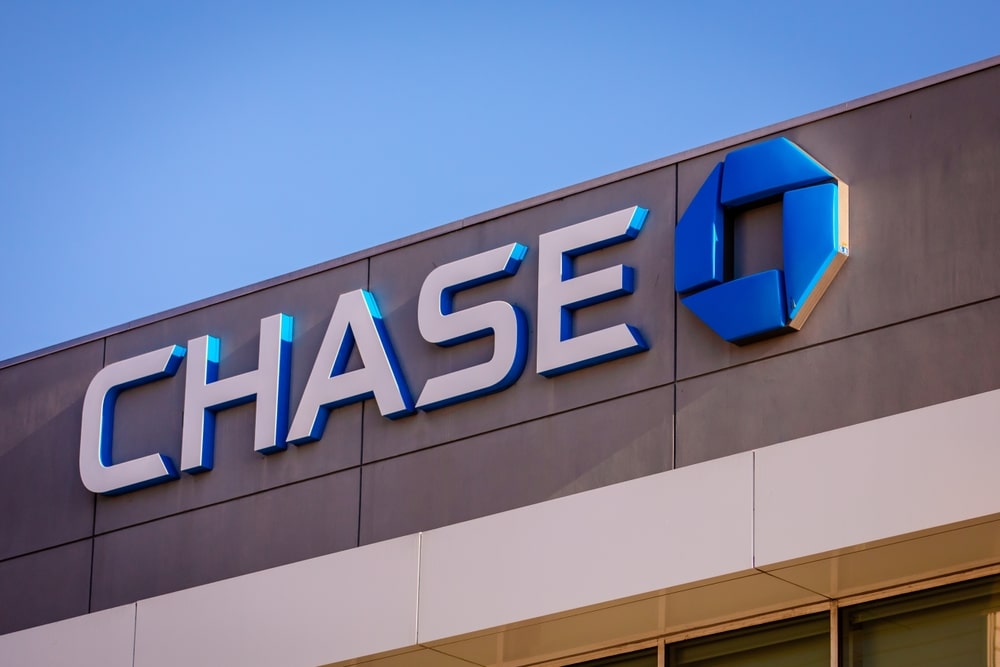OCC Clears U.S. Banks to Hold Crypto for Network Fee Payments
The Office of the Comptroller of the Currency has released new guidance that allows national banks to hold specific cryptocurrencies for the sole purpose of covering blockchain network fees. This decision, outlined in Interpretive Letter 1186 issued on November 18, 2025, confirms that banks can keep crypto assets on their books as part of their operational needs when acting as principal.
Holding Crypto to Keep Transactions Moving
According to the letter, banks can store native crypto assets like ETH when they know they’ll need to pay network fees in the near future. These gas fees are essential for using networks like Ethereum, which require payment in the native token to validate transactions.

If a bank doesn’t hold these tokens, it risks delays or disruptions in service. The OCC emphasized that banks must link these crypto holdings to permitted banking activities, keeping things within regulatory bounds.
Dropping the Middleman
In the past, banks had to rely on third parties to handle these fee payments or avoid holding native tokens altogether. This made operations slower and more expensive. Now, the door is open for banks to manage these payments directly, which could speed up processes and reduce unnecessary costs. It’s a subtle but meaningful change for how banks can operate in the crypto space.
DISCOVER: 9+ Best High-Risk, High-Reward Crypto to Buy in November2025
Ethereum Gets a Spotlight
Ethereum is the key example mentioned in the guidance. Let’s say a bank provides crypto custody services and needs to move a customer’s assets across Ethereum. The bank would need ETH to pay for that transaction.
Under the new rules, the bank can hold just enough ETH to cover these kinds of fees. That amount has to be small compared to the bank’s capital, and the bank must keep solid risk controls in place. The OCC pointed out that risks like market volatility and transaction bottlenecks still need to be carefully managed.
A Step Closer to Deeper Involvement
This move could bring banks closer to becoming more active players in blockchain networks. If they’re paying gas fees directly, they might also start running validator nodes or offering more advanced crypto services. Some in the industry see this as a quiet shift that could allow banks to take on more roles in the blockchain world, without needing dramatic regulatory overhauls.
DISCOVER: Next 1000X Crypto: 10+ Crypto Tokens That Can Hit 1000x in 2025
The Next Questions to Ask
What happens next will depend on how banks respond. Will they start holding ETH and other native tokens in practice, or will they stay cautious? How will regulators evaluate compliance as banks adopt this model? And will this lead to wider adoption of crypto payment mechanisms across the banking sector? These are the kinds of developments worth watching as the landscape keeps evolving.
A New Way to Operate, With Limits
This isn’t a full-on green light for crypto speculation, but it does give banks more flexibility. The OCC made it clear that native token holdings must stay tied to actual service needs. While it doesn’t solve every legal or regulatory question, it signals that traditional finance is starting to make room for crypto in more practical and operational ways.
DISCOVER: 20+ Next Crypto to Explode in 2025
Join The 99Bitcoins News Discord Here For The Latest Market Updates
Key Takeaways
The post OCC Clears U.S. Banks to Hold Crypto for Network Fee Payments appeared first on 99Bitcoins.






